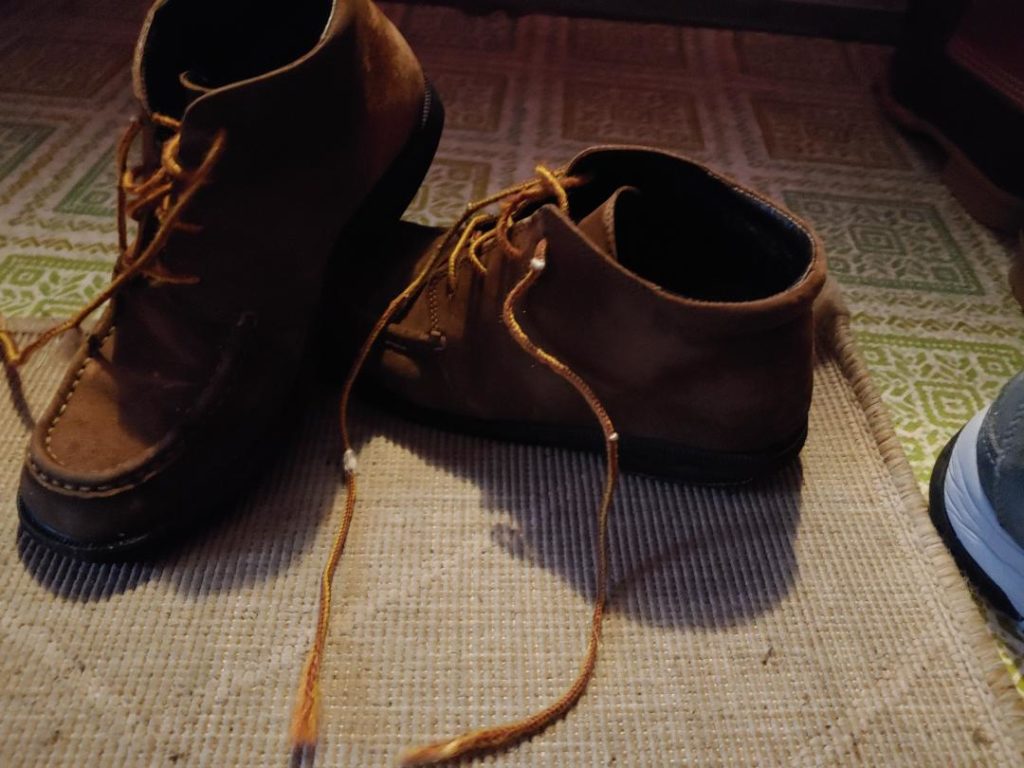Last Friday, we packed the car and headed to Philadelphia. I’ve made this drive numerous times, but not recently; I had forgotten the manic driving on full display from lower Connecticut all the way through Philadelphia. Numerous cars, not just an occasional one or two, were weaving from lane to lane, cutting between cars at high speed. Brake lights marked the path each speeding car made as it continued forward, and more than once a car had to swerve to avoid getting clipped.
I wonder what goes on in the heads of the speedsters. Is there an emergency, or something vital that they cannot miss? Do they think about their effect on the drivers they leave in their rearview mirrors – the ones who had to brake to avoid a collision? Are they more than minimally aware of anyone outside their own vehicle? What can be so important that it’s worth endangering others?
Once I got over the Mario Cuomo Bridge and onto the Garden State Parkway, I pulled into a service area. A quick stretch and a snack later, Dave took the keys and drove the last leg of the trip. The reckless drivers continued to appear in the rearview mirror and disappear from sight through windshield.
I wonder if this isn’t a good metaphor for these times. A pandemic has created islands of isolation, interacting but not creating a greater sense of connection – passing by rather than engaging. Perhaps it’s easy to telescope down until all that seems real is our own little reality, and everything else becomes a blur outside the window. If so, I’m really hoping to park the car soon – I’d much rather meet someone than just see a blur passing by on the road.





